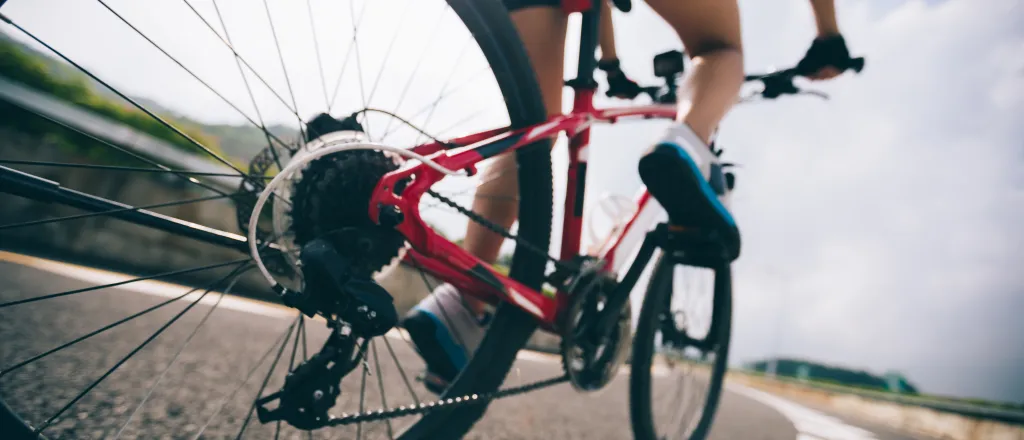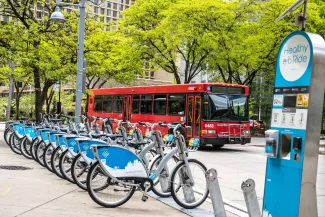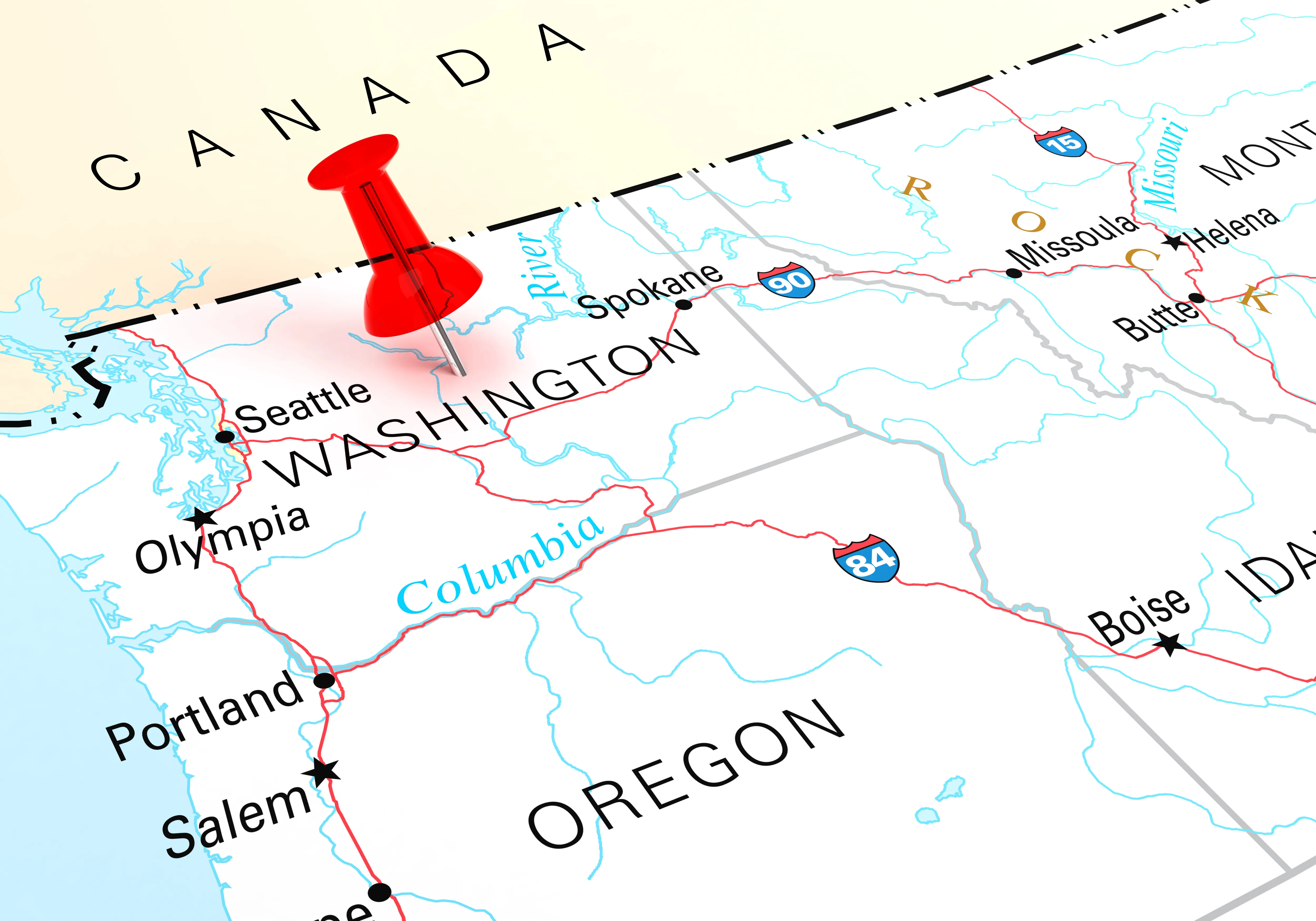
Colorado bill could let local governments collect fees for bike lane, crosswalk improvements
(Colorado Newsline) The Colorado Legislature could consider a bill next year that would enable local governments to impose additional vehicle registration fees to pay for infrastructure proven to make streets safer for non-drivers.
That bill advanced through the Transportation Legislation Review Committee on a 12-5 vote Wednesday as one of its interim bills to be introduced during the regular session.
It would let cities and counties charge registration fees on light trucks and passenger vehicles beginning in 2026 to fund so-called “vulnerable road user protection strategies,” which are road features to make streets safer for pedestrians and bicyclists. That includes bike lanes, street medians, crosswalk visibility enhancements, rumble strips and traffic circles designed to manage speed, which are all features that the Federal Highway Administration recommends.

“We want to convince folks to hop on the bus, get on their bike or to walk to the market. But we recognize that our members need to feel safe doing so,” said Anita Seitz, the advocacy director for Colorado Communities for Climate Action. “In 2023, Colorado saw cyclist deaths increase and pedestrian deaths reach an all-time high. Bike and pedestrian friendly infrastructure investments help to protect our residents and save lives, but there’s simply limited dollars dedicated to this purpose.”
The fees could be higher on heavier and less fuel efficient vehicles. According to draft bill text, a car between 3,500 and 4,499 pounds could have a maximum fee of $3.60. That is about the weight of a Subaru Outback. The highest fee would be $52 for a truck over 9,500 pounds.
A similar bill came before the Legislature this year to create an enterprise fund for these projects, but it died in committee. This version gives the fee collection power to local governments instead.
Ridgway Mayor John Clark told the committee that while mass public transit is not totally feasible in his rural community, pedestrian and bike transportation is an opportunity to meet climate goals and reduce car use.
“We can’t expect our residents to get out of their cars until biking and walking becomes reliably safe,” he said.
The bill will be sponsored by Representative Andrew Boesenecker, a Fort Collins Democrat, Representative Stephanie Vigil, a Colorado Springs Democrat, Senator Faith Winter, a Westminster Democrat, and Senator Lisa Cutter, a Littleton Democrat.
Republicans on the committee said they were concerned that a local government would be able to charge a new fee without voter approval.
“I can’t be supportive of the bill today, but the concept of trying to get the consent of the voters would certainly move me to be supportive, and we can work on that if the bill moves forward,” said Senator Cleave Simpson, an Alamosa Republican.
Republican Representative Matt Soper of Delta said the bill seemed to be in contrast to the Colorado tradition of taking similar fiscal matters to a vote.
The committee advanced a handful of other bills for the full Legislature to consider when it reconvenes in January. That includes a bill to bolster public transit options for people with disabilities, a bill criminalizing vehicular document piracy and a bill to repeal the confidentiality requirement for railroad investigative reports.
Colorado Newsline is part of States Newsroom, a nonprofit news network supported by grants and a coalition of donors as a 501c(3) public charity. Colorado Newsline maintains editorial independence. Contact Editor Quentin Young for questions: info@coloradonewsline.com. Follow Colorado Newsline on Facebook and X.

















